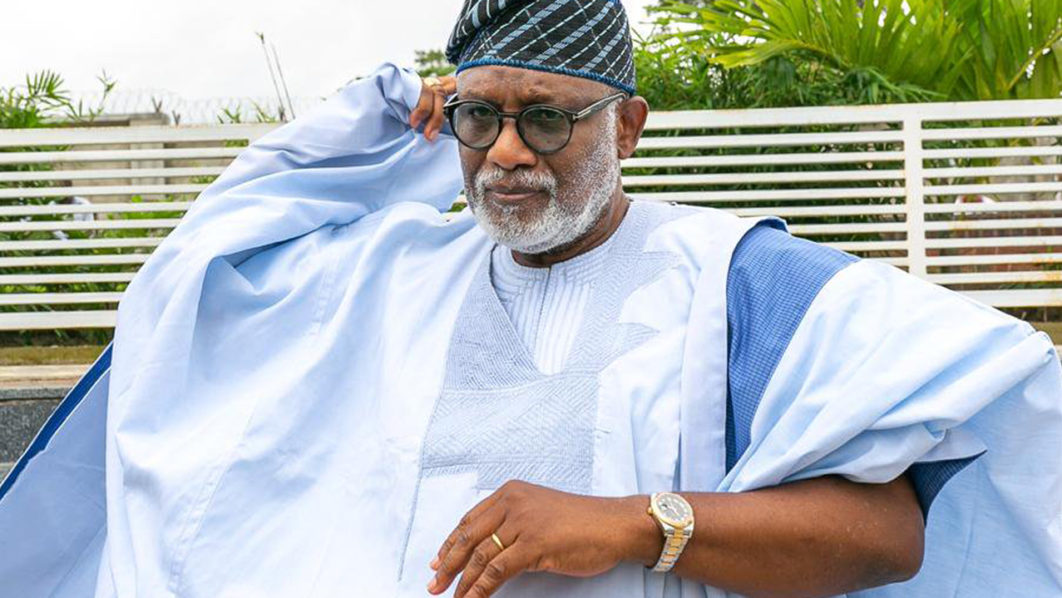
The project was said to be part of the efforts to eradicate malaria among residents, particularly the children.
Speaking during the inauguration of the steering committee on Monday, at the state Ministry of Health, the head of the committee and state Malaria Programme Manager, Waheed Folayan, explained that the project would strengthen the efforts to fight malaria in the state.
Folayan disclosed, in his overview, that residents of the state, spend about N20 billion on prevention and treatment of malaria disease annually.
He said, “It is estimated that Nigerians spend 25% of their annual income treating malaria. In addition, it generally reduces Nigeria’s GDP annually by one per cent. In addition, malaria has been noted to be a cause of poverty. Today an estimated 100 million Nigerians live on less than $1.9 per day.
“In Ondo State for example, it is estimated that every household spent an out-of-pocket of at least N8,000 on preventive materials and treatment with antimalarial across about 1.5 million households estimated at a cost of about ₦12 Billion out of the economy of Ondo State annually.”
In his remarks, the state Commissioner for Health, Banji Ajaka, said the IMPACT project would strengthen the health sector of the state, adding that the main objective was to reduce the under-five mortality rate by 40 percent in the first phase
According to him, the developmental objective of the project was to improve the utilisation and quality of immunisation and malaria services in the state.
“As of 2020 when IMPACT started, the national mortality was 132 percent However, Ondo state’s under-five mortality rate is 65 percent per 1000 life births, reducing by 40% will bring us to 25 percent. We are far better than the national figure but we are going to still do more to reduce it more,” he said.
Ajaka noted that the project was a five-year project which had already started in 2020, charging the committee to fast-track the assignment in order to deliver as meet the target in 2025.
“We have a herculean task before us, this programme started in 2020 and it is a five-year project which means we have just two years to implement the programme. We need to speed up the implementation, the Project Implementation Unit and the steering committee are to work together as fast as possible to achieve the goal of the project,” he added.
Also speaking, the Permanent Secretary of the state Ministry of Health, Folukemi Aladenola, said the state steering committee had received the formal approval of the governor and had made available the commitment fee of N80million only for the malaria project with World Bank to support the reduction of malaria prevalence in the state.
Aladenola noted that the gesture of the government was a reflection of the state government’s commitment to advancing healthcare and ensuring the health of the people was taken care of.




